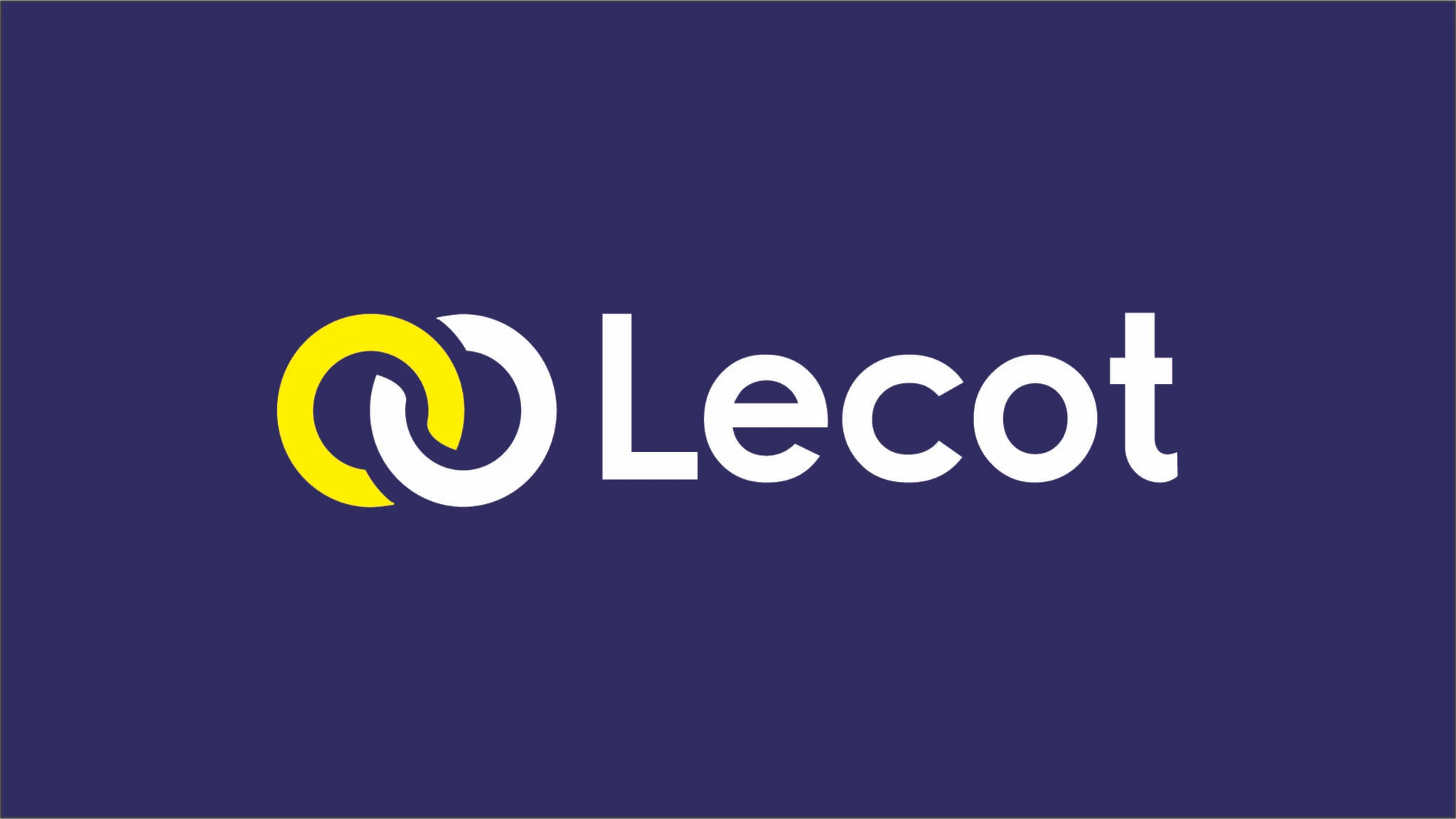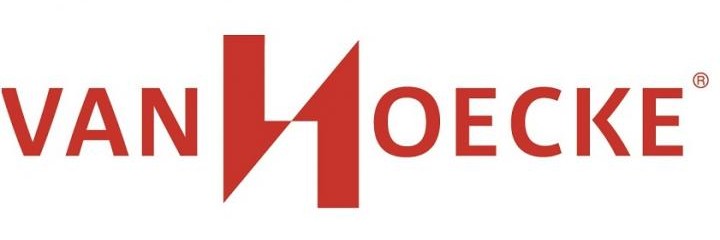Data-driven organisations
The inescapable need for data-driven decision-making and leadership. The new normal. In today's market, data is invaluable for businesses. To remain competitive, organisations need to base their strategies on accurate and relevant data. The era of decisions based on intuition and experience is over. Data now forms the basis for strategic and operational decision-making and enables companies to stay ahead.
What you don't see, you can't improve
Performance data analytics is key for companies looking to optimise their performance and become a data-driven organisation. By systematically collecting and analysing data, companies can not only gain insight into their current performance, but also predict trends. This enables them to make informed decisions, manage risks and improve customer satisfaction. In this way, you can quickly identify operational inefficiencies, streamline processes and achieve strategic goals more accurately.
Digital transformation and change management
The real challenge in moving towards a data-driven organisation is the people themselves. In a successful digital transformation, the human factor (person, team and organisation) is essential. What happens when our employees refuse to use the new tools? What do we do if people drop out mentally, emotionally or physically? A sound change management approach for digital transformations is vital.
Essential building blocks
Knowledge and culture must go hand in hand to harness the full potential of data. On the one hand, developing analytical and digital skills in employees through capability building is crucial. In addition, fostering an organisational culture that values and encourages data-driven leadership is essential. Finally, integrating data into decision-making is no easy task. It requires a strategic vision, technology investment, culture change, data-driven leadership and, above all, a project approach.
Make your organisation data-driven
Want to harness the power of data to make better-informed decisions? Contact us to find out how we can transform your organisation into a data-driven business.
Data-driven organisations - Cases

How does Stanwick support your organisation?
- We lead growth trajectories to evolve into a digital factory (factory of the future) based on a deliberate data-driven strategy
- We make organisations and teams evolve towards data-driven performance management with a focus on structure, system, teamwork and clear goals
- We help companies collect, analyse and transform the right data into strategic insights that optimise performance
- We support organisations in defining relevant KPIs, developing insightful dashboards and integrating data into their business strategy.
- We connect operational processes and very quickly show process performance visually, for all levels of the organisation, through dashboards and digital tools
- We share digital competences (technological as pyschological) to successfully deliver digital projects/roadmap
- We select short- and long-term solutions together, relying on advanced data simulations (process mining & advanced statistics) and broad knowledge of best-in-class software to do so
- We take on the role of ad-interim project manager to support organisations in acute resource needs as well as to immediately experience the impact of data-driven organisations

























